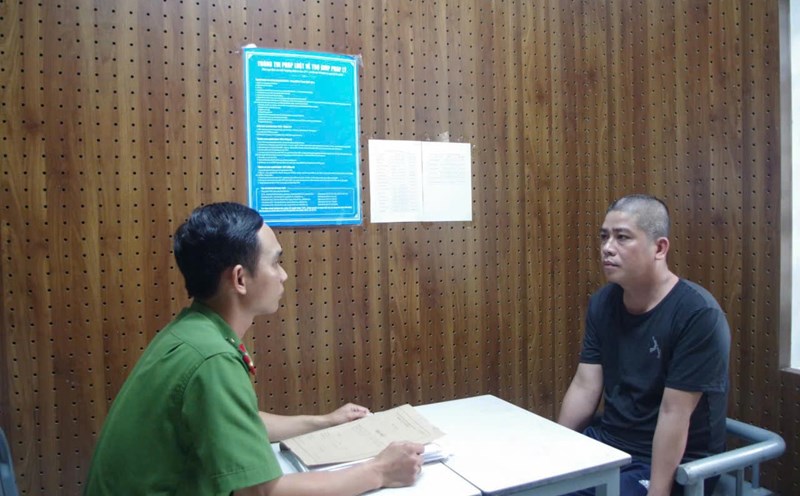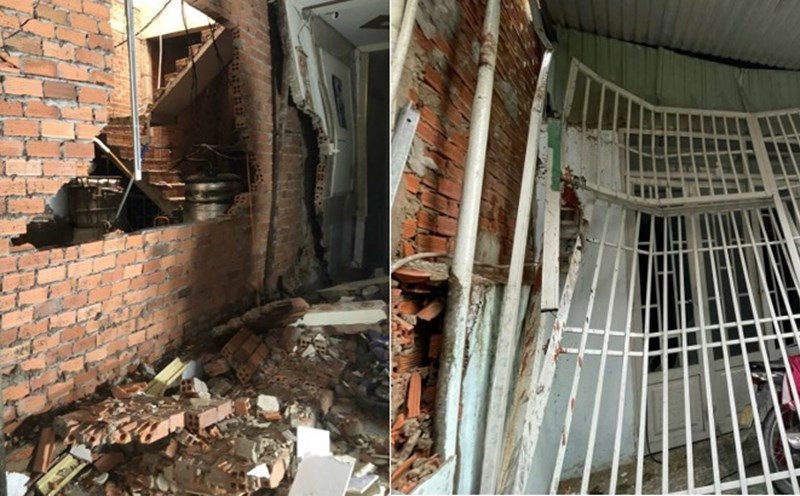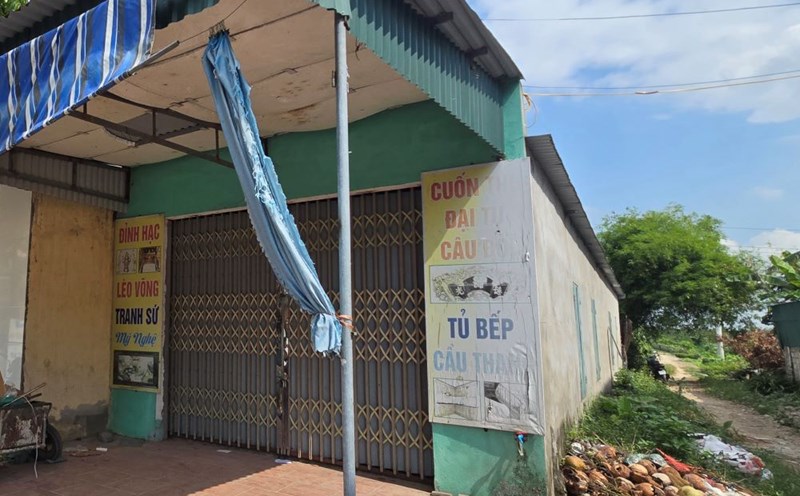In an effort to address the childcare problem, South Korea has decided to allow families to hire foreign nannies, a move that is expected to help ease the burden on parents, especially those with low or middle incomes.
The lack of affordable childcare is one of the top concerns for working parents in Korea. To address this, the Korean government has decided to issue visas to 100 Filipino nannies, who will start working on September 3.
South Korea is facing an alarmingly low birth rate of just 0.72 children per woman, the lowest in the world. Despite the South Korean government spending billions of dollars in support packages to encourage childbirth, the situation has shown no signs of improvement. Faced with this situation, the administration of President Yoon Suk Yeol has decided to use foreign workers as nannies as a new solution.
After an initial trial phase, the South Korean government plans to bring in about 1,200 more foreign nannies in the first half of 2025. However, the cost of hiring nannies is seen as a major obstacle for many South Korean families, reducing the program's appeal to middle-income families.
Of the 157 households participating in the first phase, nearly 62 percent were families with both husband and wife working, and a third of them lived in the affluent Gangnam area, according to official data.
The average cost a South Korean family can expect to pay for a foreign nanny working eight hours a day is about 2.38 million won per month, accounting for nearly half of the country's average monthly household income, according to Statistics Korea.
This high cost has caused many people to express concerns and complaints. You Hye-mi, senior secretary to President Yoon Suk Yeol, shared on a local radio station that the government is receiving many responses about the cost burden of hiring foreign nannies from the Philippines .
The government is considering options to ease this financial burden on individual households, in order to facilitate wider rollout of the programme.
Hiring foreign nannies is not only aimed at supporting families in childcare, but is also part of South Korea's comprehensive strategy to address the country's declining population, an increasingly serious problem.










